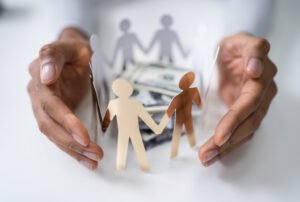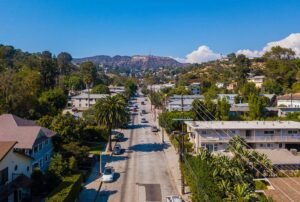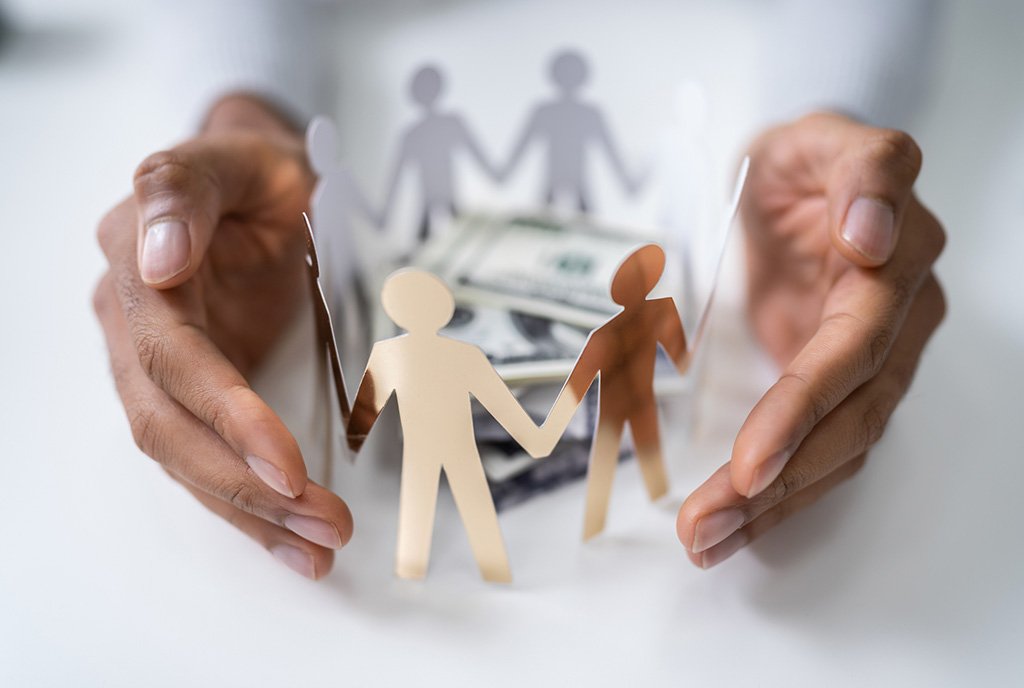The following is a transcript of the video above, from our webinar on “Remaking the Economy: Redefining Risk.” View the full webinar here.
Sign up for our free newsletters
Subscribe to NPQ's newsletters to have our top stories delivered directly to your inbox.
By signing up, you agree to our privacy policy and terms of use, and to receive messages from NPQ and our partners.
Kate Khatib: In the traditional, typical, dominant financial system that we have, you have to have capital to get access to capital. You have to have money to get access to money. Now that money comes in a lot of different forms. It might come in the form of personal assets. It might come in the form of owning a piece of property or owning a piece of equipment that can become the collateral that can unlock a loan—that’s what gives you access to that further investment. It might come in the form of having good personal credit, so having had the opportunity to access credit in the first place, to build that credit—whether that’s getting a loan, whether that’s getting a credit card and making monthly payments on it—but it means that you have, as an individual, achieved some level of financial solvency and have been able to demonstrate that in a way that has increased your credit.
We live in a country that has a racial wealth gap. The reality is that wealth and the existing capital is often concentrated in communities that are not Black and Brown. So one of the things that we see is that the key factors that unlock the access to risk are things that come with privilege. It is a privilege to grow up in a stable environment. It is a privilege to have parents who are fully employed, who are able to meet their financial obligations. It is a privilege to be educated in a public school system that is well funded enough to provide financial literacy training, to have credit-building programs, and all of those things. So, there is a logic of exclusion that further marginalizes the communities that are already locked out of economic self-sufficiency by denying them access to the capital that they need to build resilient businesses, to work towards economic self-determination. And it’s an ongoing problem. It’s a part of what I think all of our organizations are trying to figure out how to monkey wrench, trying to figure out how to do differently, to flip that logic, so that we’re really looking at different factors. We’re not saying that your access to capital is determined by the privilege that you’ve had leading up to this moment. We’re saying that your access to capital should be determined by what you’re doing in this moment: the relationships that you’re building, the work that you’re doing, how you’re in community with the people around you.












